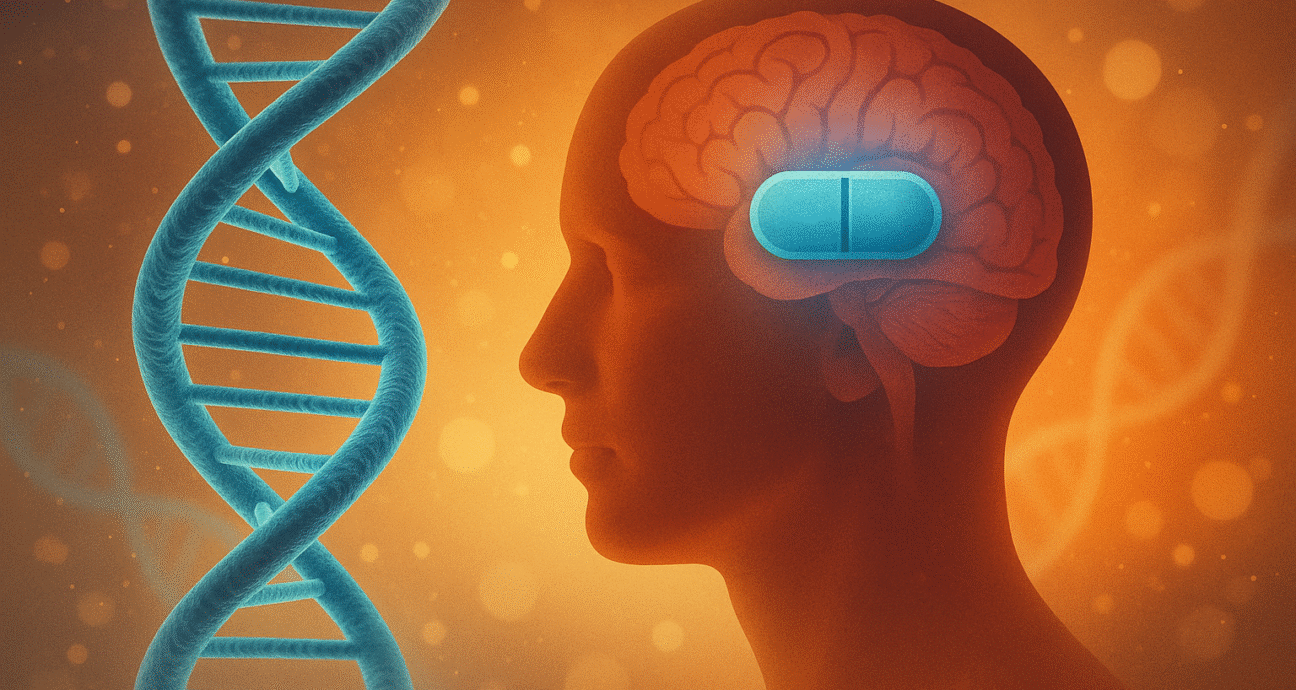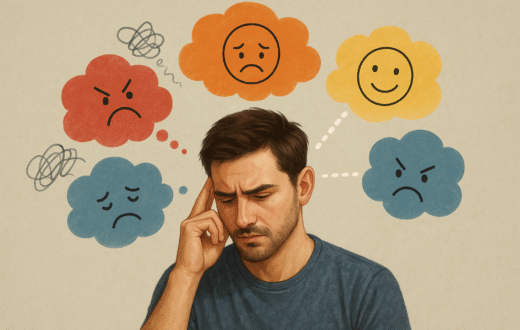A Genetic Discovery Could Transform Depression Treatment

A drug once considered a failure might actually help certain people—thanks to genetics. Researchers have found that patients with treatment-resistant depression (TRD) respond positively to liafensine, an antidepressant developed for the most difficult cases. This breakthrough paves the way for personalized psychiatry, where treatment depends on each person’s unique genetic profile.
The Importance of the Discovery
Nearly 30% of people with depression do not respond to standard treatments. These resistant cases demand new approaches. Liafensine works by targeting three neurotransmitters—serotonin, norepinephrine, and dopamine—to restore chemical balance in the brain. Yet, in two major clinical trials, the drug performed no better than a placebo. Researchers then sought to understand why some participants still seemed to improve.
The Role of the ANK3 Gene
Genetic analysis revealed a variation in the ANK3 gene, found in about 20% of TRD patients, that was linked to a better response to liafensine. This gene plays a role in regulating the brain’s electrical signaling and has already been associated with depression and bipolar disorder. Interestingly, this genetic marker does not appear to affect the response to other antidepressants—only to liafensine.
A New Targeted Clinical Study
To test this hypothesis, a study involving 189 participants carrying the ANK3 marker was conducted in the U.S., Canada, and China. All had been depressed for an average of eight years and had failed multiple treatments. Participants received either 1 mg or 2 mg of liafensine or a placebo daily for six weeks. Improvements, measured using the MADRS scale, showed significant progress from the first week onward. Both doses proved equally effective, and the drug was well-tolerated.
Toward Precision PsychiatryThese findings represent a major step toward precision medicine in mental health. Just as in oncology—where certain treatments only work for patients with specific genetic profiles—psychiatry may soon offer therapies tailored to individual biology. If confirmed, these results could revolutionize how antidepressants are prescribed. The story of liafensine reminds us that in science, an apparent failure can sometimes hide a transformative discovery.




